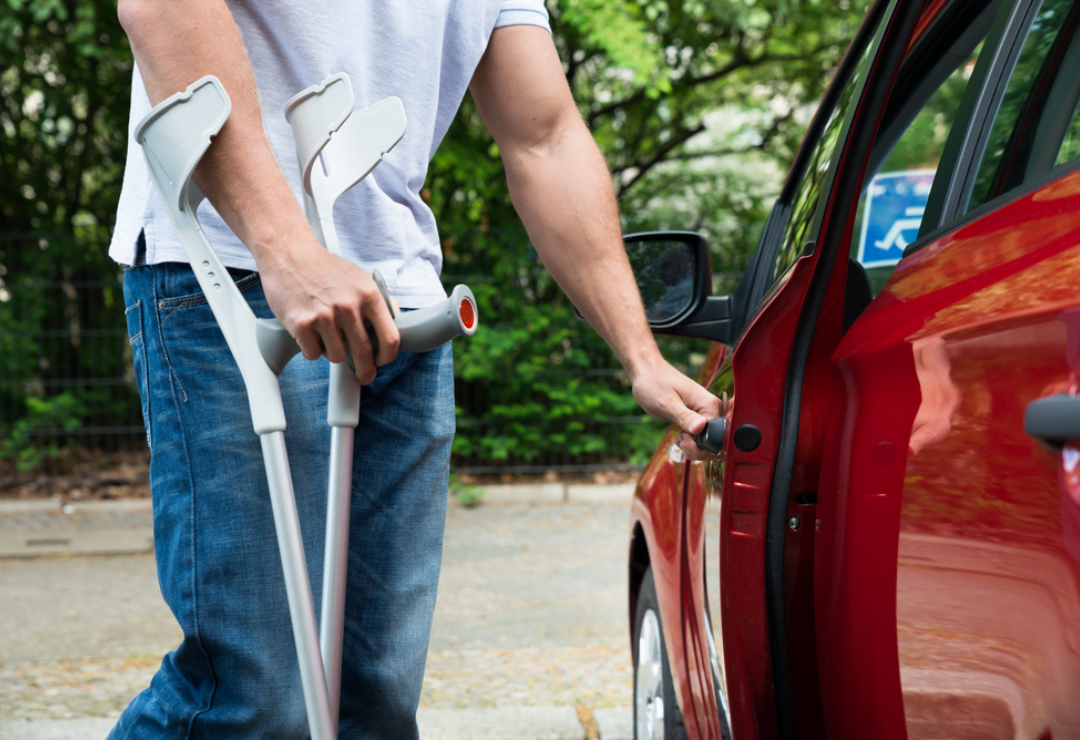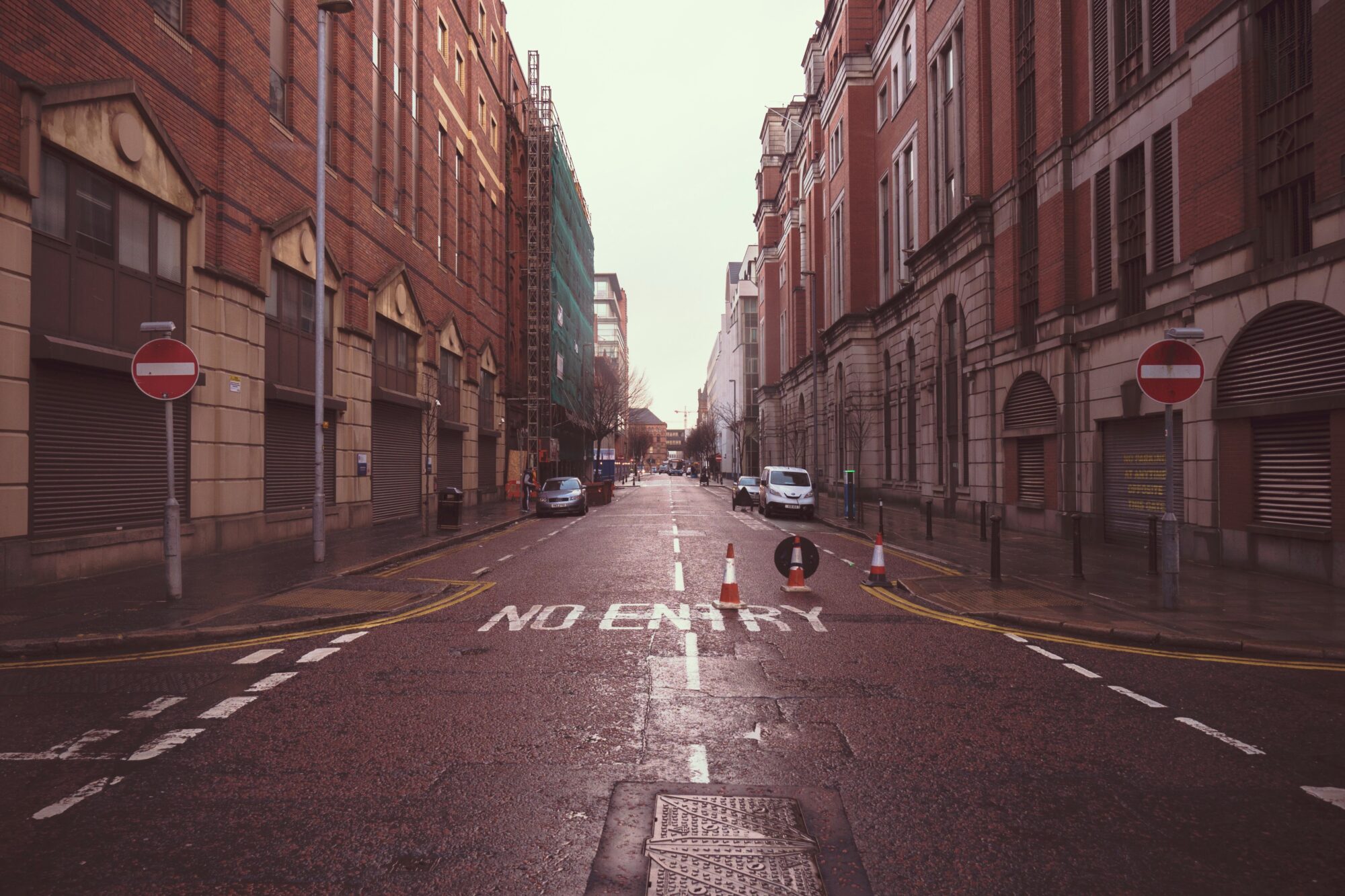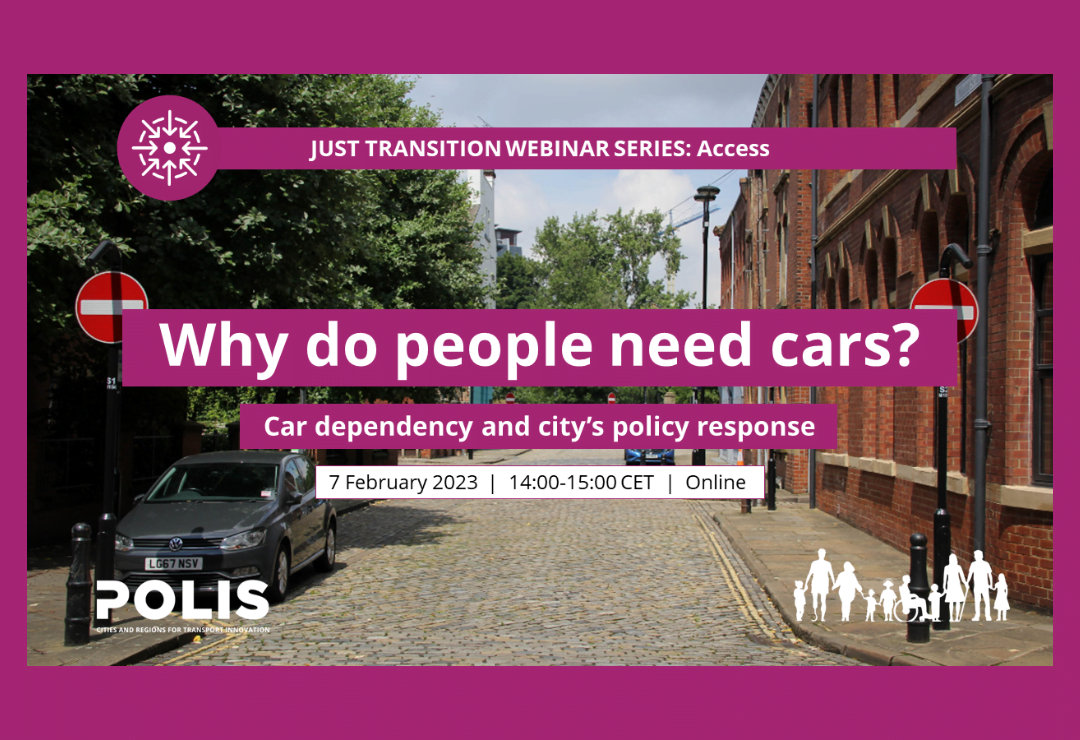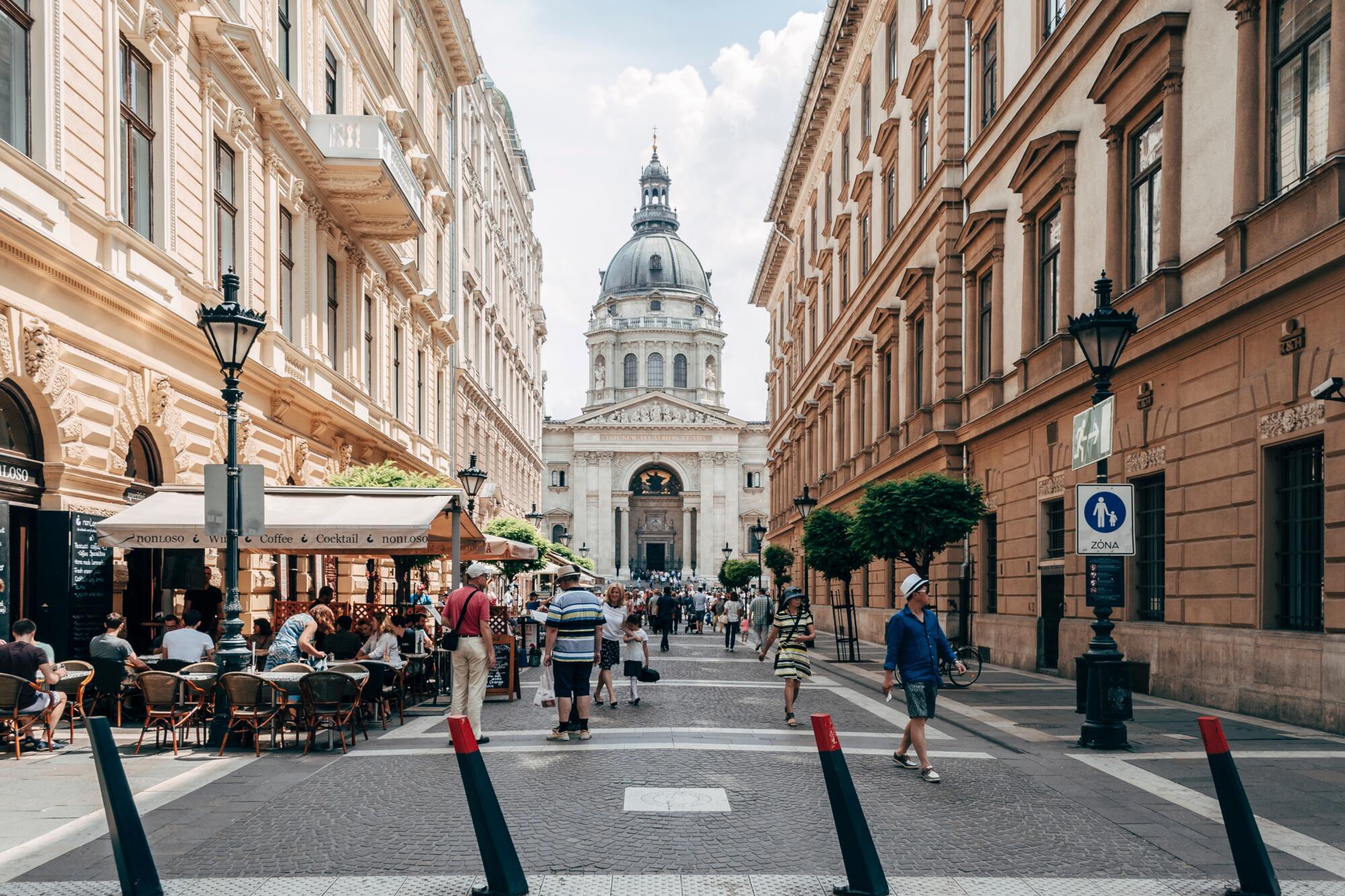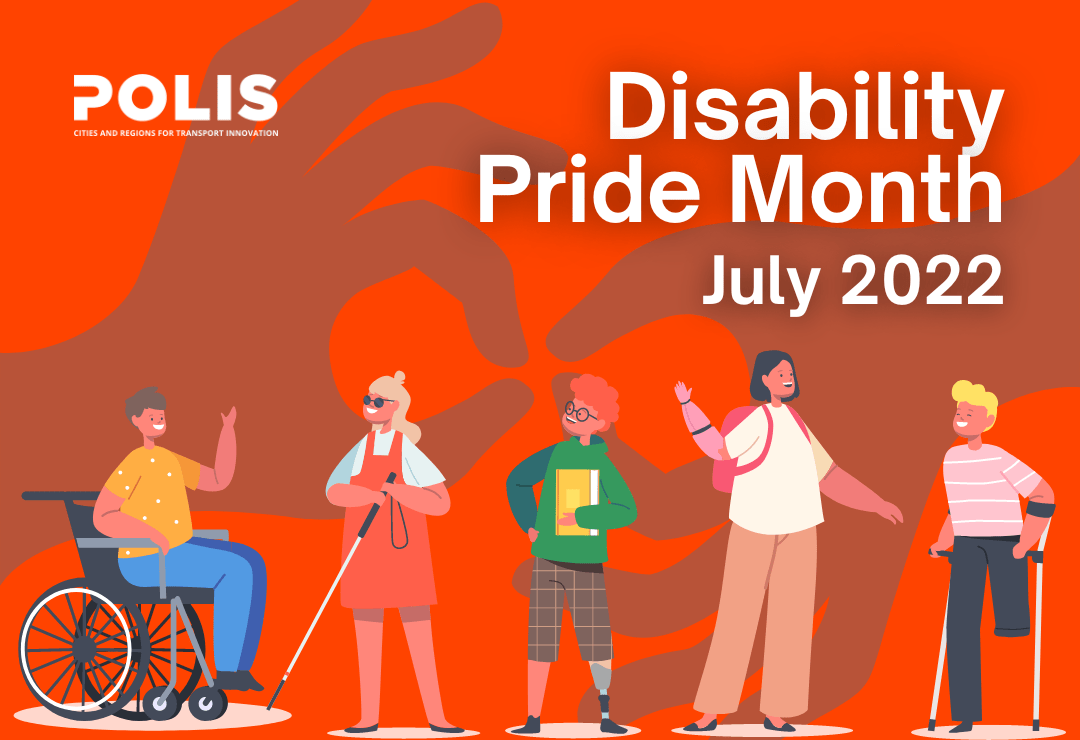Access
Through the Access Working Group, cities and regions cooperate to address challenges such as access regulations, pricing, infrastructure, and accessibility for all.
Through the Access Working Group, cities and regions cooperate to address challenges such as access regulations, car use, urban space allocation/reallocation, pricing, infrastructure, and accessibility for all.
The Working Group covers a broad range of topics related to “access” linked to social, economic, digital, physical and regulatory aspects of transport and urban mobility, and development infrastructure. This includes the access of people or users to fair, affordable, efficient and interconnected mobility (see the Just Transition Taskforce).
It also incorporates urban access regulations, enabled through local and regional ambitious projects and regulations, and increasingly enforced by technology like geofencing or Intelligent Speed Assistance (ISA).
In addition, the WG digs into the access of new mobility technologies into urban spaces, including Urban Air Mobility. Beyond these categories, the WG has adopted a flexible understanding of “Access”, as showcased in the list of topics below.
The topics being discussed in this Working Group are:
- Managing vehicle access: fairness and social impact of UVARs; technologies; low emissions
- TEN-T and urban nodes
- Strengthening Public Transport as the backbone for a multimodal mobility system
- Transport and Tourism, coaches in the city
- New modes for urban access such as Urban Air Mobility
Topic priorities for 2024
Our current topic priorities for 2024 are the following:
- Managing vehicle access: cross-border enforcement, geofencing
- Coach & the City/Tourism: cooperation with IRU & BuAS
- Strengthening the backbone: PT lab, high level quality of bus systems
- Cities & Regions building the TEN-T: urban nodes
- Urban and Unmanned Air Mobility

Brussels Capital Region, one of the winners of the 2020 European Mobility Week Awards, thanks to the reduction of speed limit to 30 km/h by 2021 and the creation of numerous pedestrian zones. Image: Werner Lerooy/Shutterstock
More information
For further information, please contact Ivo Cré, Melina Zarouka
